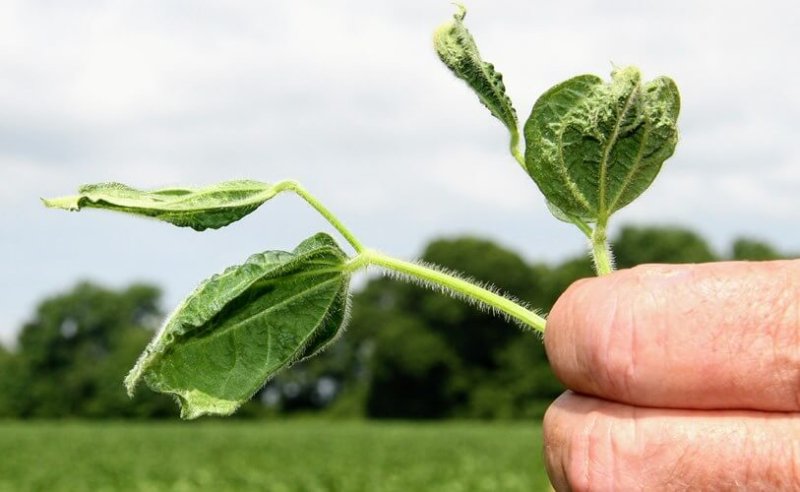A $265 million verdict …. against two global agribusiness giants [in late February] has now created another legal headache for the companies, building a “road map” to victory for dozens of other suits alleging the weedkiller dicamba damaged their crops, lawyers say.
…
Dicamba use ramped up in 2016, after the introduction of popular crop varieties, like soybeans, that were genetically engineered by Creve Coeur-based Monsanto to withstand spraying. Soon thereafter, farmers across the Midwest and South began filing complaints saying the drift-prone chemical had wafted off nearby fields and harmed their crops.
…
[A]fter a three-week trial that captured widespread attention, jurors ordered Bayer and BASF to pay Bader [Farms] $15 million in compensation and $250 million in punitive damages.…
Bayer faces about 30 other dicamba lawsuits involving around 170 plaintiffs, according to company attorneys. The next case may reach trial late [in 2020]
…
[Paul Lesko, a St. Louis lawyer who represents dicamba plaintiffs] said the Bader case provides a “road map” of successful arguments that other dicamba lawsuits can follow, including glimpses of certain “hot-button documents” from inside the companies.






























